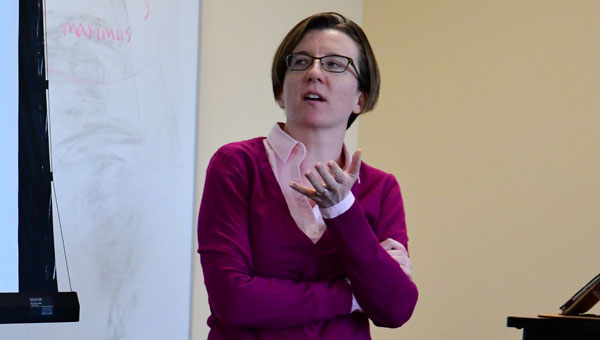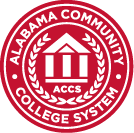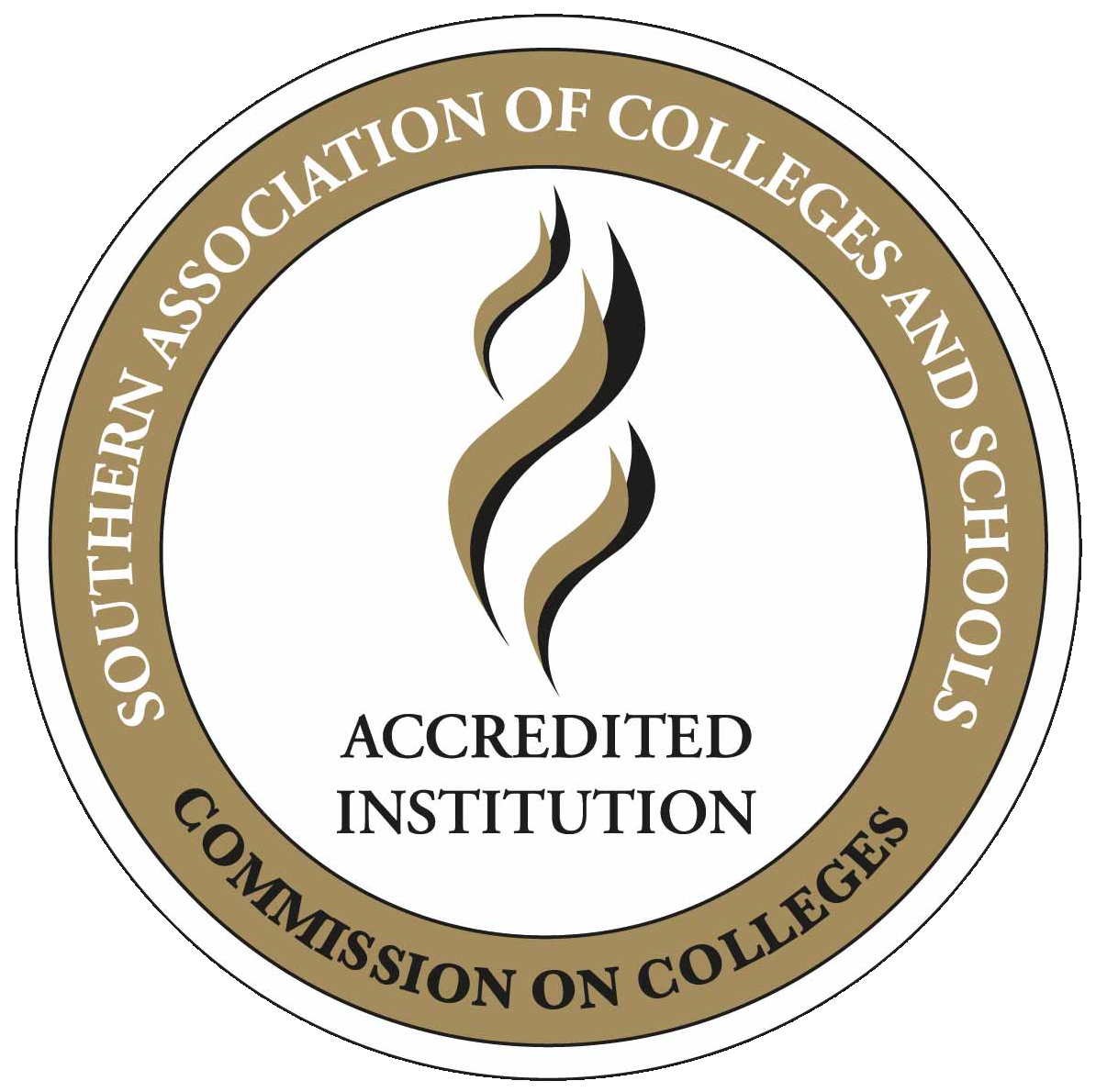
Dr. Catherine O’Rourke spoke on human rights and conflict in Northern Ireland during a recent lecture to Jefferson State Community College students.
By JOYANNA LOVE
The Clanton Advertiser
CLANTON — Some Jefferson State Community College history students were given a peek into the past of Northern Ireland from visiting lecturer Dr. Catherine O’Rourke.
Rourke visited the college this week as part of her work as an Irish Fulbright Scholar with the University of Minnesota. She is a professor at Ulster University.
O’Rourke presented a look at human rights in Northern Ireland during and after the conflict between the Irish Republican Army, British Army troops and Protestant paramilitary organizations.
The clash between these groups is steeped in the history of the formation of Northern Ireland. In the 16th Century, Great Britain tried to further occupy Ireland by giving land to Englishmen. O’Rourke said these Englishmen were not interested in moving, rather they rented out the land. In the northern portion of Ireland, Great Britain gave land to poorer people of Scotland. These people were interested in relocating and brought their language, Protestant religion and cultural heritage. O’Rourke said this was the start of religious divisions because the rest of Ireland was predominately Catholic.
“Those tensions that really started in the 16th Century, they became really very pronounced in the beginning of the 20th century, we have a more coordinated Irish Nationalist Independence movement. A movement primarily led by Irish Catholics, who wanted to establish an independent nation, independent of British rule, and in particular where they could practice their faith as Catholics,” O’Rourke said.
This led to fighting between the two groups. In 1920, the AngloIrish treaty established the Republic of Ireland, a free country, and Northern Ireland, still under British rule.
“There were certainly people who thought they had been put on the wrong side of the border … There was a pretty sizeable catholic minority (about 35 percent of the population) left in the these six counties [of Northern Ireland],” O’Rourke said.
“They felt like they had been alienated from their brethren in the South,” O’Rourke said.
They still identified with being Irish, while the majority of the rest of the county identified with being British.
The treaty also established a Parliament in Northern Ireland. O’Rourke said Parliament had a “systemic discrimination against the Catholic minority for decades.”
They had fewer seats in Parliament and could not vote, if they did not own land, O’Rourke said. Discrimination was also seen in public housing and employment.
O’Rourke said in the ‘60s, “a Catholic man was twice as likely to be unemployed as a Protestant man.”
Employment and voting rights were two of the main issues the Catholic residents of Northern Ireland fought for in their civil rights movement in the ‘60s. The movement began with nonviolent marches, but grew into violent clashes, O’Rourke said. Civil rights marches were banned by Parliament, which led to police response.
Because of this, the Catholics lost confidence in the police force and in the state.
The Irish Republican Army, which had supported independence from Great Britain, became a Northern Ireland Catholic paramilitary organization against the state.
Police and later Protestant paramilitary groups, which targeted Catholics, responded. To deal with the violence, Great Britain sent troops to Northern Ireland.
In 1972, these soldiers opened fire on civil rights marchers killing 13, which further escalated the violence in the country.
O’Rourke said the IRA took more lives in the conflict, but more Catholics died then Protestants, because the group turned on some Catholics who supported the state.
The human rights issues of the conflict got international attention. O’Rourke said human rights violations included interment without trial, trial without a jury, annihilation and houses being raided.
“Interesting the U.S. became quite an important player in … the question of discrimination in Northern Ireland,” O’Rourke said.
In the 1990s, the U.S. Congress adopted the MacBride principles.
These were “requirements on U.S. companies investing in Northern Ireland that they would … do their best to ensure a balanced workforce between Catholics and Protestants … [and] no violence in the workplace,” O’Rourke said.
She said this act of Congress showed the keen interest of the United States to see a peaceful resolution to the conflict.
“In 1994, the cease fires were called by all paramilitary organizations… once the guns were silent the British government was willing to enter into formal negotiations,” O’Rourke said.
The Republic of Ireland was also a part of these discussions.
In 1998, the Good Friday agreement, also called the Belfast agreement, established a human rights council and the opportunity for a Bill of Rights. It also outlined equality based on religion, disabilities, political opinion, gender and sexual orientation.
The Bill of Rights was never finalized.
“The politicians can’t agree about what should go in it. In the absence of that we have had a very rich civil society discussion about what we would like to have in that Bill of Rights,” O’Rourke said.
A vote allowed the people of Northern Ireland to decide whether to remain a part of the United Kingdom or join the rest of Ireland. The vote kept the area a part of the United Kingdom, but relations between Ireland and Northern Ireland were officially established.
“We are very much still dealing with the legacy of the conflict, even now around human rights issues,” O’Rourke said.
Many who had relatives who were killed by the state want restitution and explanations. Divisions still exist with most Catholic children attending Catholic schools and the majority of Protestant children attending state run schools.
Progress has been made on equality in employment.
In some places, walls separate the Protestant and Catholic communities.
There are still many people who identify themselves as Irish or British, O’Rourke said. However, some younger residents of Northern Ireland are starting to identify as being Northern Irish.



